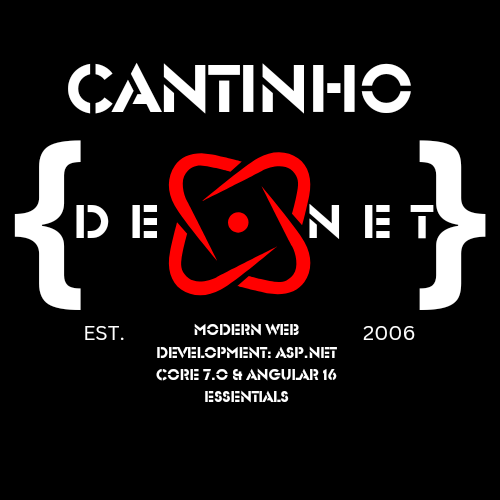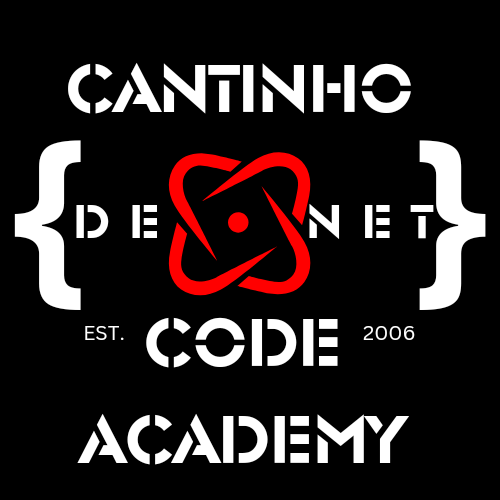Course Overview:
Dive into the world of programming with our “Introduction to Programming in Python” course. Designed for absolute beginners and those looking to solidify their programming foundations, this course offers a comprehensive guide to one of the most popular and versatile programming languages today: Python. Whether you aspire to build software, analyze data, or automate routine tasks, this course is your first step towards mastering the skills needed to realize your projects and professional ambitions.
What You Will Learn:
- Python Basics: Understand Python syntax, script writing, and execution. Learn about variables, data types, and basic operators to start coding right away.
- Control Structures: Master the flow of your programs using if statements, loops, and functions. Learn how to make decisions and automate tasks efficiently.
- Data Structures: Explore Python’s built-in data structures such as lists, tuples, sets, and dictionaries, and learn how to organize and manipulate data effectively.
- Functions and Modules: Dive into writing reusable code with functions, and understand how to organize your projects with modules and packages.
- Practical Projects: Apply what you’ve learned in real-world projects that simulate scenarios you might encounter in your programming career.
Course Features:
- Interactive Learning: Engage with interactive coding exercises and quizzes that reinforce your learning and build your confidence.
- Expert Instructors: Learn from experienced programmers with years of teaching experience, who are dedicated to helping you understand the fundamentals of Python.
- Community Support: Join a community of like-minded learners to share your journey, get help when you need it, and collaborate on projects.
- Flexible Learning Schedule: Access course materials anytime, anywhere, with a learning platform that adapts to your schedule.
- Certification: Earn a certificate upon completion that showcases your new programming skills to potential employers or educational institutions.
Who Should Enroll:
- Beginners interested in learning how to code.
- Professionals from non-technical fields looking to acquire programming skills.
- Students and educators seeking a comprehensive and accessible introduction to Python.
- Hobbyists wanting to automate tasks or work on personal projects.
Get Started Today:
Embrace the opportunities that programming in Python offers. Enroll in our “Introduction to Programming in Python” course today and unlock the door to innovation, efficiency, and an exciting array of career possibilities. Start your programming journey and discover the power of Python!
Python is a versatile and widely used programming language known for its readability and efficiency, making it an excellent choice for beginners and experts alike. Its applications span across various domains like web development, data analysis, artificial intelligence, scientific computing, and more. Here’s a brief introduction to programming in Python:
Why Choose Python?
- Readability: Python syntax is designed to be intuitive and similar to the English language, with a focus on readability. This makes it an ideal language for beginners.
- Versatility: You can use Python for a wide range of tasks, from simple scripts to complex machine learning algorithms.
- Extensive Libraries: Python’s standard library is vast, offering modules and functions for variable types, system operations, and more. Beyond the standard library, there’s a rich ecosystem of third-party packages for various applications.
- Community Support: Python has a large and active community, providing a wealth of tutorials, forums, and third-party tools that make learning and development easier.
Core Concepts in Python
- Variables: Variables are used to store information that can be referenced and manipulated in a program. Python is dynamically typed, so you don’t need to declare the variable type.
- Data Types: Python supports various data types, including integers, floats (decimal numbers), strings (text), lists, tuples, and dictionaries.
- Control Structures: These include if statements for decision-making, for loops for iterating over sequences, and while loops for repeated execution as long as a condition is true.
- Functions: Functions are reusable blocks of code that perform a specific task. Python also supports lambda functions for creating small, anonymous function objects.
- Modules and Packages: Modules are Python files with .py extension that consist of Python code. Packages are a way of structuring Python’s module namespace by using “dotted module names”.
- Teacher: Pedro Martins

Welcome to 'Modern Web Development: Mastering React.js'! This comprehensive course is designed for individuals aiming to excel in the world of modern web development. Whether you're a beginner or have some experience, this course will deepen your understanding of React.js, a popular JavaScript library used for building user interfaces.

Throughout the course, you'll gain hands-on experience with key React concepts, including JSX, components, state, and props. We'll delve into more advanced topics like managing global state with Context or Redux, and mastering hooks for efficient functional components. By learning how to integrate React with APIs and exploring best practices for performance optimization and testing, you'll acquire the skills to build scalable and maintainable web applications.
This course combines theoretical knowledge with practical exercises. Each module includes video lectures, reading materials, and real-world projects to apply your learning. By the end of the course, you'll have built a portfolio-worthy project that demonstrates your proficiency in React.js.
Whether you're looking to advance in your current role or kickstart a career in web development, 'Modern Web Development: Mastering React.js' offers the essential skills to achieve your goals. Join us and start your journey to becoming a proficient React developer!
- Teacher: Pedro Martins

-
Introduction to ASP.NET Core 8
- Overview and new features
- Setting up the development environment
-
Fundamentals of Angular 16
- Basic concepts and architecture
- Angular CLI and project structure
-
Building Web Applications with ASP.NET Core
- MVC pattern
- Web API development
-
Angular Components and Data Binding
- Creating and using components
- Managing data and event binding
-
Advanced ASP.NET Core Features
- Authentication and authorization
- Entity Framework Core for database operations
-
State Management in Angular
- Services and dependency injection
- State management with RxJS
-
Integrating ASP.NET Core with Angular
- Creating a single-page application (SPA)
- Handling HTTP requests and responses
-
Deployment and Best Practices
- Deployment strategies for ASP.NET Core and Angular apps
- Performance optimization and best practices
-
Project Work
- Applying learned concepts in a real-world project
- Peer review and feedback sessions
- Teacher: Pedro Martins
